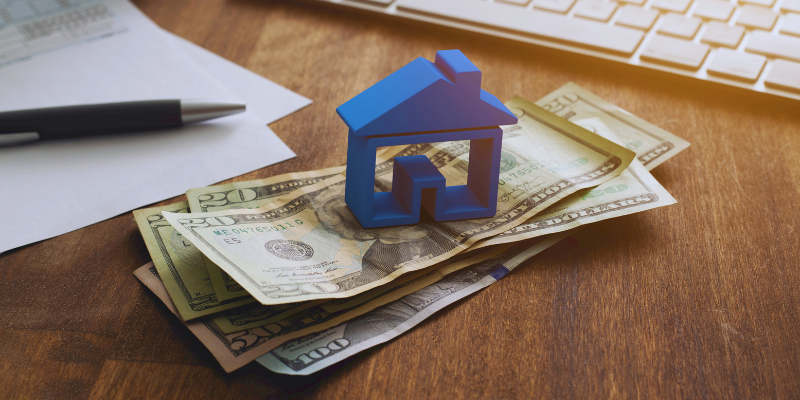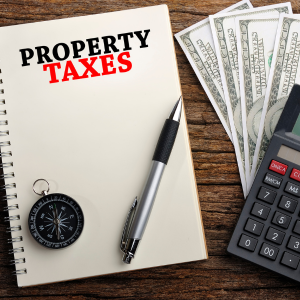
Understanding Owner Financing: How It Works
Owner financing is a different way to buy a home where the seller acts like the bank. Instead of borrowing from a traditional lender, the buyer makes payments directly to the seller over time.
This option may be ideal for purchasers who are unable to qualify for a traditional mortgage, either to credit difficulties or a low down payment. It’s typically simpler and more accessible when there are fewer obstacles to overcome.
One of the biggest perks? Flexibility. Buyers and sellers can work out terms that suit them both—things like a lower upfront payment, interest-only installments, or a balloon payment at the end. Sellers benefit, too, by earning interest and keeping the title until the loan is fully paid off.
Since banks aren’t part of the process, everything can move more quickly and with fewer hurdles. For the right buyer and seller, owner financing offers a flexible, practical solution to get the deal done. Cima Real Estate is here to help, contact us today to learn more!
Is Owner Financing a Good Idea?

It can be, depending on your situation.
For purchasers, it provides opportunities when regular financing is unavailable. If you’ve had credit issues or don’t have enough money for a down payment, bargaining directly with a seller could be the key to buying a property.
For sellers, offering financing can bring in more potential buyers—and often speed up the sale. It also creates a steady stream of income from interest payments.
As long as there’s a solid contract in place and both parties fully understand the terms, owner financing can work well for everyone involved.
Are Owner-Financed Homes Worth Considering?
Absolutely! especially for buyers who might not get approved for a standard mortgage. That includes self-employed folks, people with non-traditional income, or those rebuilding their credit.
Because the seller determines the terms, there is typically more freedom. Buyers may be able to negotiate reduced down payments or a repayment plan that is within their budget.
Sellers benefit, too. Not only could they sell the property faster, but they also stand to earn more over time through interest.
We Finance Homes For Sale in Garland, when everything is clearly outlined and legally solid, it can be a win-win for everyone involved.
Who Pays Property Taxes in an Owner Financing Deal?

In most cases, the buyer is responsible for property taxes—even though the seller still technically owns the home until the loan is paid off.
The purchase agreement should clearly say who’s covering taxes, insurance, and maintenance. Usually, it mirrors a typical homeownership arrangement, where the buyer takes on those responsibilities.
To avoid confusion or legal trouble, it’s smart for both parties to work with a real estate attorney to make sure the agreement covers all the bases.
What Are the Risks of Owner Financing?
Like any deal, owner financing has its risks—for both sides.

Sellers take on the risk that the buyer might stop making payments. Since there’s no traditional lender involved to vet the buyer, there’s a higher chance of default. If that happens, the seller may have to go through the foreclosure process, which can be time-consuming and costly.
Sellers also need to be okay with having their money tied up in the property for a while, and they should understand the potential tax implications of installment sales.
Buyers face risks, too. Without the protections that come with a traditional mortgage—like title insurance or required disclosures—they could run into problems if the deal isn’t carefully structured.
We Finance Homes For Sale Dallas, so be sure to do your research, get everything in writing, and work with trusted professionals to ensure a safe, fair deal.